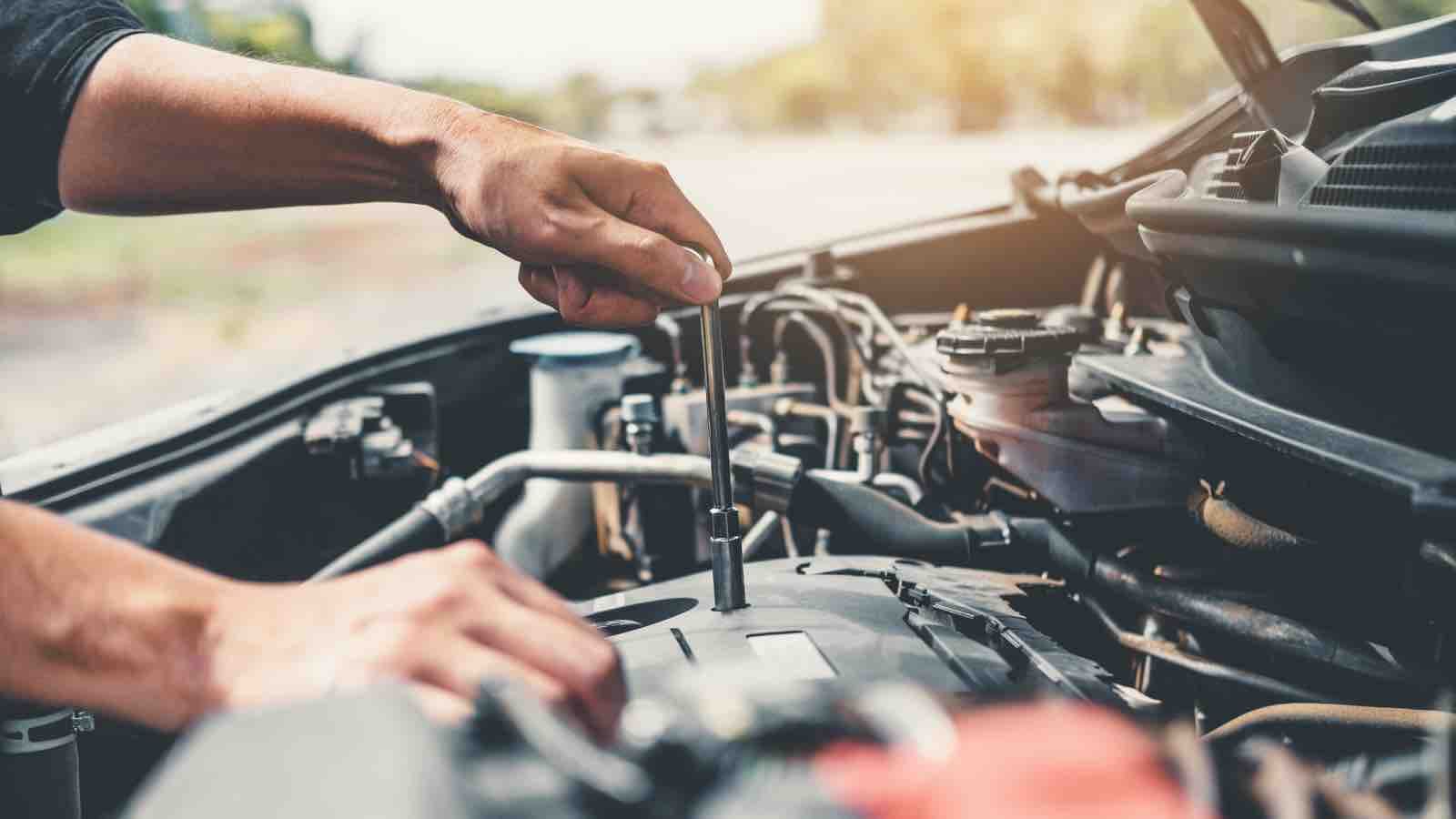- Insurance Services
- Auto, Home, and Personal Insurance
- Business Insurance
- Business Interruption Insurance
- Business Owners Package Insurance
- Commercial Auto Insurance
- Commercial Property Insurance
- Commercial Umbrella Insurance
- General Liability Insurance
- Manufacturers Insurance
- Professional Liability (Errors & Omissions) Insurance
- Surety Bonds
- Workers' Compensation Insurance
- - View All Business
- Life & Health Insurance
- Group Benefits
- About
- Policy Service
- Contact
Tips For Maintaining An Older Car
Article originally posted on www.insuranceneighbor.com(opens in new tab)

More people are keeping their cars longer. The older a vehicle, the more likely it is to be paid off, plus you may get lower auto insurance premiums on higher mileage vehicles. Treating an older car right with proper maintenance can help extend its useful life. The following are some tips for maintaining an older vehicle.
Follow The Manufacturer’s Recommended Maintenance Schedule
Your user’s manual will include a schedule for routine maintenance for your vehicle. Regular maintenance items include:
- Changing the oil and filter
- Replacing the coolant
- Replacing the spark plugs
- Rotating the tires
- Checking the brake fluid
- Checking the tire pressure (including the spare)
Change The Timing Belt As Needed
The timing belt controls the timing of the valves in the engine and connects the crankshaft to the camshaft. It needs to be changed after 100,000 miles to prevent it from breaking. If you have an interference engine and the timing belt breaks while you are driving, it could damage the engine. That means costly repairs or replacing the engine altogether. If you have a non-interference engine and the timing belt breaks while you are driving, your car will not operate and will need to be towed. The timing belt will have to be replaced for the car to run again but will not cause engine damage.
Fill Your Car Up With High-Octane Gas Once A Year
A tankful of high-octane gas once a year will help clean out the pistons and catalytic converter. Keeping these parts free of buildup lets your car run cleaner and more efficiently. High-octane gasoline simply has more detergents and additives to help clean out buildup.
Protect The Interior Of Your Car From The Hot Sun
The sun beating down day after day can heat the interior of your car and take a heavy toll over time. Try to park in the shade whenever possible or use a sunshade. It can help keep the interior of your car looking fresher and newer.
Get A DIY Kit For Repairing Exterior Scratches
Scratches on the body of your car can happen anywhere. It’s best to repair them promptly, or else they could become more noticeable or even rust. You can purchase a scratch remover kit that contains the right type of sandpaper and paint for your particular car model at a local vehicle parts store. Use it to repair minor scratches and help keep an older car in better shape cosmetically.
Take Your Older Car To See A Specialist
Like people, as they age, cars may require more attention from a specialist. It’s fine to DIY some things, but not everything. Have a specialist check your steering and suspension and other crucial components. It can give you peace of mind to have your old friend checked over by someone who is an expert in the field.
Make Sure You Have The Right Auto Insurance Coverage
Buying a new car is expensive. If your old car still has plenty of miles left in it, you’ll want to make sure it’s protected with the right auto insurance coverage. Our knowledgeable agent can help you find the coverage you need at the best available rates.
Filed Under: Personal Insurance | Tagged With: Auto Insurance, Car Insurance